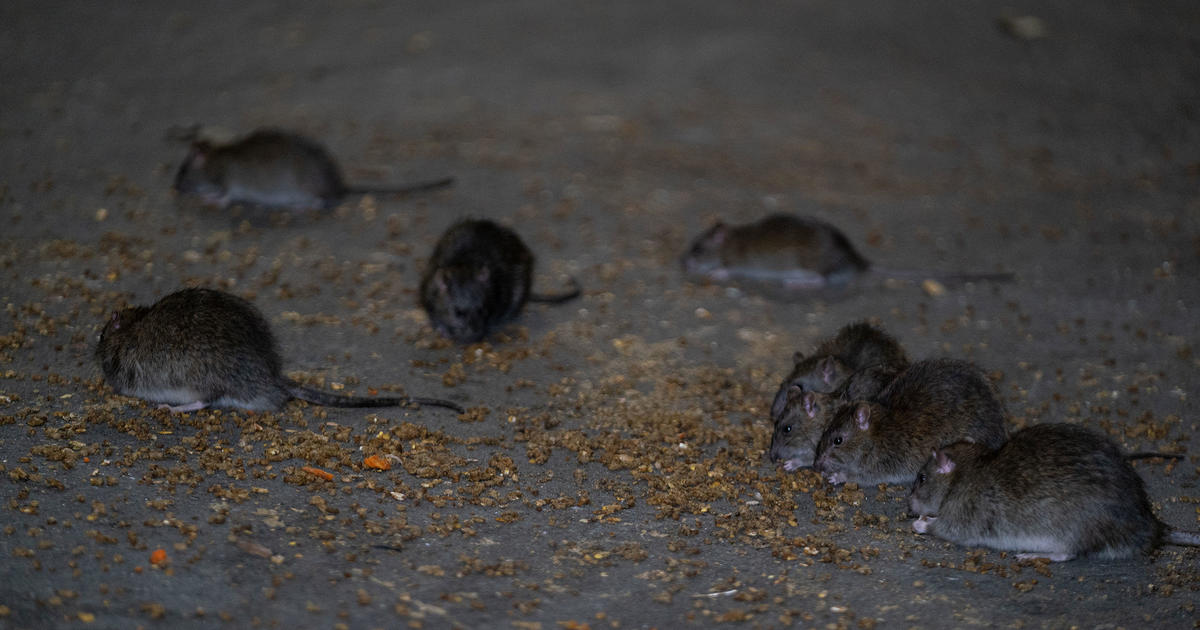Jersey Shore Lifeguards Say Rip Currents Have Made This Summer Particularly Challenging
ASBURY PARK, N.J. (CBSNewYork) -- At least eleven swimmers have drowned at the Jersey Shore this summer, and the National Weather Service says six of those deaths were caused by rip currents.
As CBS2's Meg Baker reported, a number of factors contributed to the increased risk.
Colin Kabula and his dad Rob said they have been extra cautious when it comes to swimming in Asbury Park.
"Last time we were here there was a strong rip current. They only let you go out to your knees," Rob said.
Joe Bongiovanni, the beach safety director in Asbury Park, is in favor of beach replenishment, but said it's a contributing factor in making this year's life-guarding duties the most challenging he's seen in 50 years of service.
"It seems to have made the beaches a lot shallower, a lot more sand bar action out there," he said.
It can be deceiving to swimmers who may think they are safe because they can still touch the bottom.
To protect swimmers, lifeguards have moved flags in closer to their stands, and added after hours patrols.
In Belmar a 12-year-old girl and her 13-year-old cousin drowned in June, before lifeguards were on duty for the season.
"We try to keep them in close because the further a person goes out, the further a lifeguard has to go to help them if they get in trouble," lifeguard supervisor Ray Elms said.
A concern in Asbury Park is the notching of the jetties, meaning rocks were being taken away from the middle, allowing water to rush through.
The Army Corps of Engineers removed parts of the jetty or groin to allow sand to slow naturally between the beaches.
"It allows that to happen, but created a narrow gap, so a lot of water has to rush through a small space and increases the speed of water," Bongiovanni said.
That creates a rip.
Mother Nature is a major influencer of rip currents too -- the air pattern this summer has consistently caused on onshore flow.
"It pushes the water towards the coast. The more water you push, the water has to come out as water comes away from the coast rip currents form," NOAA meteorologist Joe Miketta said.
A couple more weeks of summer to go and the swimming season often goes beyond Labor Day -- which can be even more dangerous as lifeguards go off duty.
All of this year's drownings have happened after hours.
The Army Corps of Engineers said there is no scientific research they are aware of that correlates beach nourishment with rip currents.



